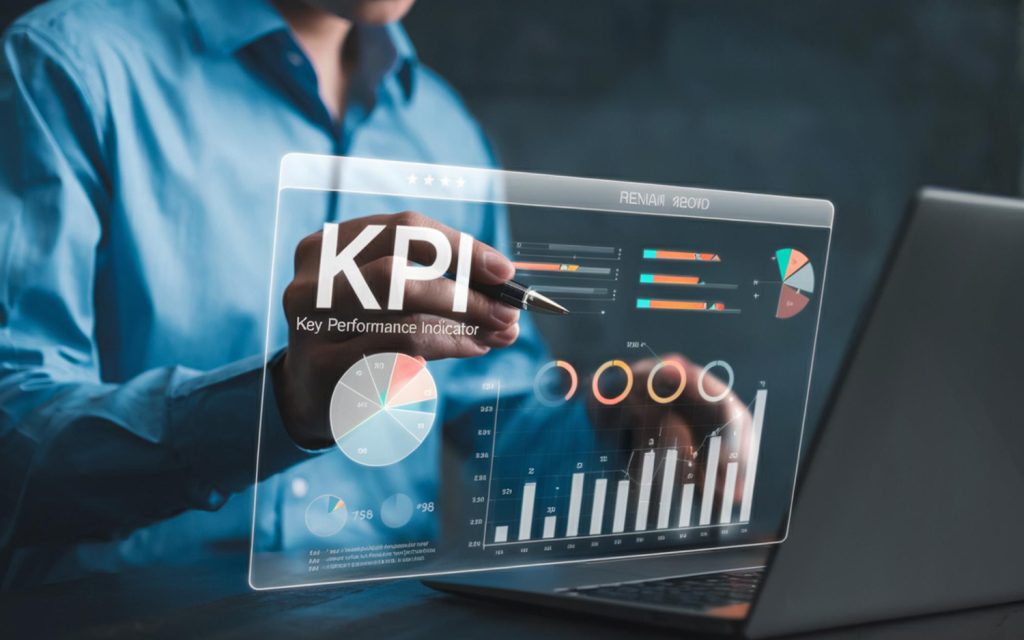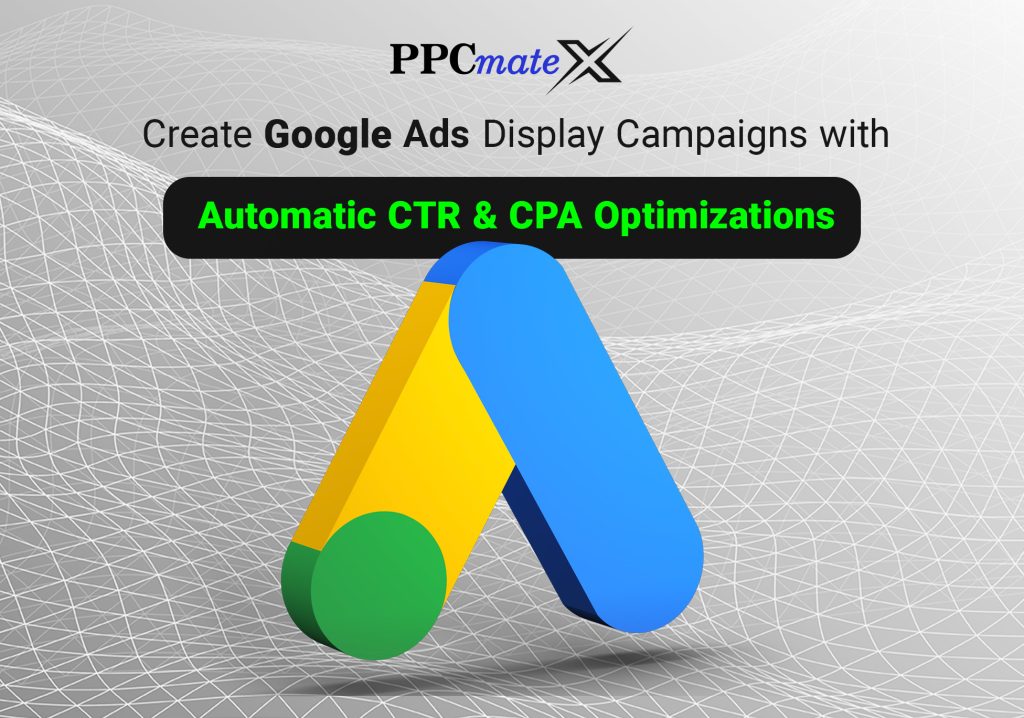The higher your rankings, the more searches your site will be included in and this, in turn, will get you more traffic.
There are a lot of factors involved when optimizing your site for the search engines ranging from keywords to image tags to social media.
Many of us make the following common SEO mistakes that can easily be rectified.
1. Not Enough Content – Content is very important for your site. The search engines want to display the best sites for people who are searching for specific information. If your site contains quality information and content, they will consider your site to be one of these websites. Make sure your content is relevant to your site, has proper spelling and grammar and includes not only text but videos, links, images and other content.
2. No ALT Tags – Alt tags, also referred to as alt text, describe images on your site. The search engines cannot read images so adding an alternative text tag gives the search engine a readable description of the image to help the search engine spiders place your site within the search results of that text. For example: If you have a picture of a sunset with vibrant colors you may give it the alt tag description orange red summer sunset. Don’t use words that do not describe the image in hopes of getting better SEO results. This can do more harm than good and may lower your rankings.
3. Keyword Stuffing – Back in the day when search engines relied mostly on keywords it was a popular practice to stuff them in as much as possible. Now, keyword stuffing can get you penalized or even banned. Focus on one or two keywords or keyword phrases and sprinkle them lightly throughout your text. Keep your keyword density in the one to three percent range. So that would mean for every 100 words, use your keyword one to three times. This will give you a high optimization value.
4. Too Much Flash – Flash is a software used to build colorful, animated, flashy websites with a lot of graphics and light. They may look beautiful but unfortunately they are not user-friendly or SEO friendly. Flash has been widely phased out for the above reasons and more. Search engines find it difficult to read Flash. Flash can also cause your site’s performance to become substantially lower resulting in an increased bounce rate and lower rankings. Flash is not totally worthless but can cause you many difficulties.
5. Expecting Immediate Results – Many people make the mistake of thinking as soon as their site is up, they will be listed in the search engines. SEO is a long-term, ongoing process so don’t feel cheated if your site does not get instant rankings. Your site will need several months or more to get indexed and appear in search engines so keep working on your SEO and give it time to work.
6. Not Being Social – Social media and SEO bond together for a mutually beneficial relationship. Social media provides quality backlinks to your site and can bring your name more exposure. Social media can also increase traffic to your site, which is a major factor in SEO. The wider your social media circle, the better your chances of higher rankings.
7. Broken Links – Check your links often; broken links can hurt your SEO. Search engines look for high quality sites to put in the search results and a site with broken links and/or images will not be considered as such. Correct any backlinks that point to pages that no longer exist. Google Webmaster Tools has the tools to help you do this.
8. Not Updating Your Site – Keeping your site fresh and updated consistently is very important. Fresh content will get your site indexed more often. This does not guarantee higher rankings but with fresh quality content the chances are good. Fresh content also contains more keywords. Google loves fresh content, so keep it coming.
9. Not Researching Keywords – The purpose of keyword research is to find out which words and phrases your target audience is using to search for information. You need to know these keywords so you can add them to your content. Do not try to guess for what people are searching. Keyword research is one of the most important phases of SEO. There are many free tools to help you conduct this research.
10. Neglecting the Title Tag – The title tag is the search engine headline that shows up when you conduct a search as well as at the top of the browser when your webpage is displayed. This title should accurately summarize the webpage’s content for the search engines and people doing the searching. Keep the title tag short, about 70 characters, and make it keyword rich. Leave out meaningless words like, the, it, can, etc. Use different title tags for each page. Customize it to that particular page.
With a little persistence and commitment, you can learn the proper methods of SEO to get your site to the top of the search engine’s rankings.
___
By Terri Seymour
source: SiteProNews









